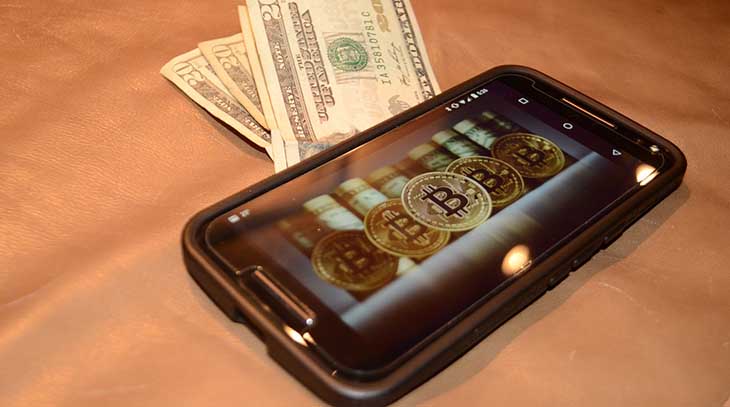Help! Somebody Stole My Cryptocurrency!
We hear it all the time: Help! Someone stole my cryptocurrency! Even if you’ve been lucky so far, would you know what to do in someone stole your tokens?
Token Theft is Common
Kaspersky, a leading digital security company, studied the prevalence of cryptocurrency theft. About 20 percent of respondents (i.e., cryptocurrency investors) reported hacked and plundered accounts. Moreover, fifteen percent of participants claimed to be fraud victims.
Help: Someone Stole My Crypto! What Should I Do First?
If someone steals your cryptocurrency, acting quickly is of the utmost importance. Do not wait. Time is of the essence. The longer you delay, the longer the culprits have to hide tokens in cold storage, which makes tracking much more difficult.
First Contact
Who should you contact first in the event of a token theft? Your cryptocurrency attorney, if you have one. If not, contact the token exchange or wallet service and request a freeze. Some platforms will comply; others won’t. A court order may be necessary to compel an intermediary to action.
Unearthing the Culprit
Once you’ve frozen the appropriate accounts, the next step is unearthing the guilty party. This process typically begins with a John Doe temporary restraining order.
Enlist either an attorney or security expert who can track the coins to their landing wallet. Since account holders must usually provide identification to open an exchange or wallet account, you may be able to get identifying information that way. Obstacles arise when the tokens pass through intermediaries and mixers.
And while mixers can be exceptionally effective, they can also be “cracked.” A recent Forbes article busts the notion that crypto transactions are as good as anonymous. Need more proof? In 2015, a Korean researcher identified relationships between input and output addresses with 99 percent accuracy. Moreover, cryptocurrency’s growth has spawned firms, like Chainalysis, that offer crypto trace services to governments, businesses, and individuals. Bottom line: Yes, many digital token transactions can be traced.
Store Crypto Wisely
Consider separating funds into “cold” and “hot” wallets — hot for everyday use and automated access, then store the rest in a cold wallet, like Ledger or Trezor, that’s not connected to the Internet nor automated. Also, consider a multi-signature wallet, like Carbon Wallet or Xapo, which requires multiple people to authorize a transaction.
Read more about cryptocurrency and asset privacy and personal digital security.

